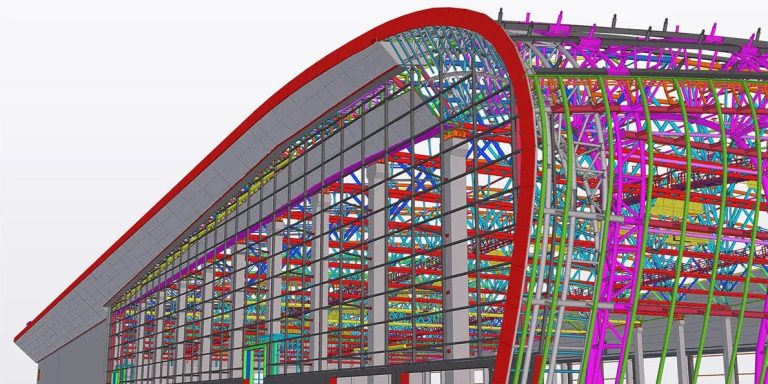
In Erode, Tekla Structures courses offer comprehensive training on the software’s modeling, detailing, and drawing functionalities for structural engineers and drafters. The course covers fundamental concepts such as creating 3D models, generating accurate drawings, and managing project data efficiently. Participants learn to utilize Tekla’s advanced features for steel and concrete structures, including connections, detailing, and clash detection. Practical exercises and real-world examples enhance understanding and proficiency. Experienced instructors provide hands-on guidance, ensuring participants develop proficiency in Tekla Structures, empowering them for careers in construction and engineering. Course duration varies, typically ranging from several weeks to a few months, depending on the program.
Software Proficiency: Gain mastery in operating Tekla Structures software, including its interface, tools, and functionalities.
3D Modeling: Learn to create accurate 3D models of steel and concrete structures using Tekla’s modeling capabilities.
Detailing Techniques: Understand how to produce detailed drawings, plans, and sections for construction documentation.
Clash Detection: Explore Tekla’s clash detection features to identify and resolve conflicts in structural designs.
Connection Design: Learn about the design and detailing of connections for steel structures, including welds, bolts, and plates.
Project Management: Discover how to efficiently manage project data, including models, drawings, and project information within Tekla Structures.
Best Practices: Acquire industry-relevant skills and best practices for structural engineering and construction projects.
Hands-on Experience: Engage in practical exercises and real-world examples to apply learned concepts effectively.
Basic Computer Skills: A fundamental understanding of computer operations, including file management and navigation, is recommended.
Engineering Background: While not always mandatory, a background in civil engineering, structural engineering, architecture, or a related field can be beneficial for grasping the technical concepts taught in the course.
Software Familiarity: Familiarity with CAD (Computer-Aided Design) software is advantageous but not always required. Basic knowledge of modeling concepts can facilitate faster learning.
Hardware Requirements: Access to a computer or laptop with sufficient specifications to run Tekla Structures smoothly. Minimum hardware requirements typically include a multi-core processor, sufficient RAM, and a dedicated graphics card.
Tekla Structures Software: Some courses may require students to have access to Tekla Structures software. This could be provided by the course institution or may need to be acquired separately.
Language Proficiency: Depending on the language of instruction, a certain level of proficiency in that language (often English) may be required to understand course materials and communicate effectively with instructors and fellow students.
Motivation and Commitment: A willingness to learn and dedication to completing coursework and assignments are essential for success in the program.
Specific Course Prerequisites: Certain courses may have additional prerequisites or recommended background knowledge, which should be reviewed before enrollment.
Tekla Structures is a powerful BIM software developed by Trimble Solutions. It is widely used in the construction industry for detailed structural modeling, fabrication, and construction management. This course in Erode is designed for engineers, designers, and construction professionals who want to master Tekla Structures for efficient structural detailing, collaboration, and project management.
Introduction to Tekla
Modelling in Tekla Basic
Concrete Modelling
Steel Modelling
Assembly and Part Details
Various types of Connections
Pre Engineered Building
Numbering and Detailing
Managing drawings
BOQ
Precast Modelling
Rebar Modelling
General rebar detailing



C CUBE CAD Centre is a premier training institute specializing in CAD, CAE, PPM, BIM courses. We provide industry-oriented training programs to help students and professionals enhance their skills and advance their careers in various engineering and design fields.
All Rights Reserved 2024 @ Design By CCDS